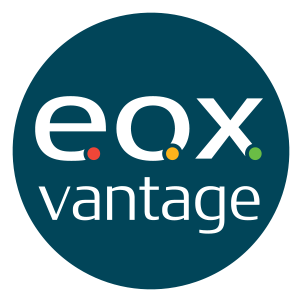Agile software development is a modern approach to building and delivering software in a more flexible and efficient way. It focuses on collaboration, adaptability and delivering small, usable parts of the product regularly. The short, manageable periods of development are known as "iterations." Agile has transformed the way software is designed, developed and delivered, leading to faster turnaround times, increased customer satisfaction and a more responsive development process.
Key Agile Methodologies
There are several agile methodologies, each with its unique approach. The most common agile methodologies include scrum, kanban and extreme programming.
Scrum is one of the most widely adopted agile frameworks. It divides development into fixed-length iterations called "sprints." Each sprint typically lasts two to four weeks. The team collaborates on daily stand-up meetings, reviews progress in sprint reviews and uses retrospectives to identify areas of improvement.
Kanban focuses on continuous delivery by visualizing work on a Kanban board. Tasks move through various stages, and team members can pull new work items when they have the capacity. This approach helps identify bottlenecks and maintain a steady development flow.
Extreme Programming (XP) emphasizes technical excellence and continuous testing. It includes practices like test-driven development, pair programming and frequent releases, ensuring high-quality software and reducing the risk of defects.
There are many methodologies for technical teams to collaborate together adopting an agile methodology or combining factors of a couple to best suit their needs to complete development and steps of a project more effectively and efficiently. There is not one better than another, but more so which methodology is best to apply to each project or task.
Benefits of Agile Methodologies
Agile methodologies offer a host of advantages, including faster delivery, adaptive to change, customer satisfaction and creating a collaborative environment.
Faster Delivery: By delivering usable parts of the software regularly, Agile reduces development time and gets the product to users faster.
Adaptable to Change: Agile allows for changes to be made easily, even late in the development process. This ensures the software remains relevant and meets users' real needs.
Customer Satisfaction: With frequent feedback from customers, Agile ensures the final product aligns with user expectations, leading to higher satisfaction rates.
Collaborative Environment: Agile promotes teamwork and effective communication, making the development process more engaging and enjoyable for the team.
Agile software development methodologies have revolutionized the way software is built, making it more responsive, efficient and customer-oriented. By embracing agile principles and leveraging its diverse framework, development teams can create products that align better with user needs and deliver exceptional value to customers. As the software industry continues to evolve, agile methodologies will undoubtedly remain at the forefront, empowering teams to thrive in a rapidly changing landscape. If you are looking for a company experienced in agile software development to create tailored solutions to increase your company's efficiency, contact EOX Vantage today!


